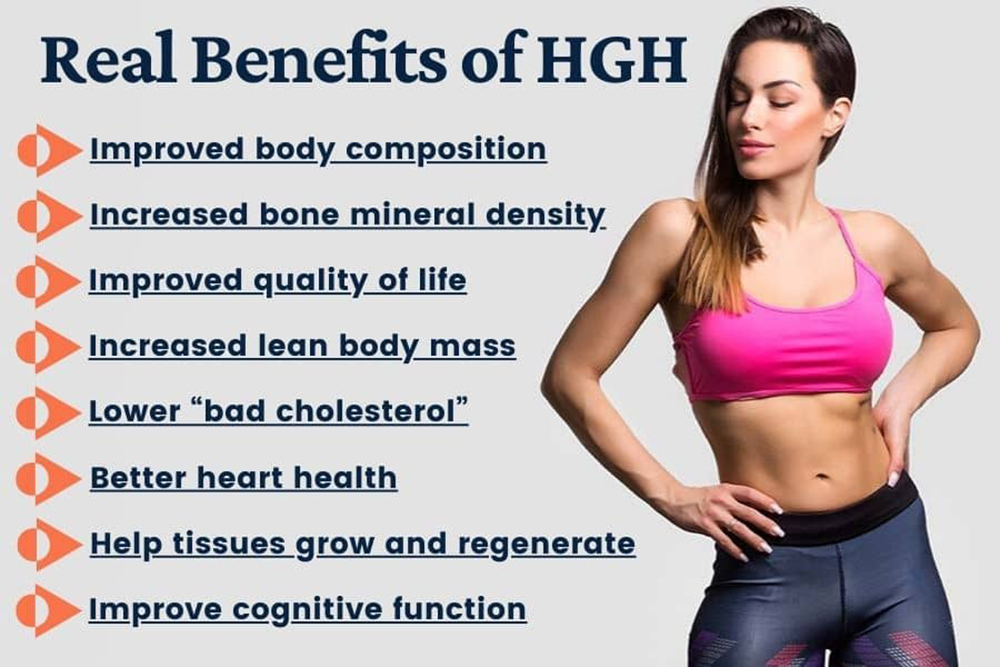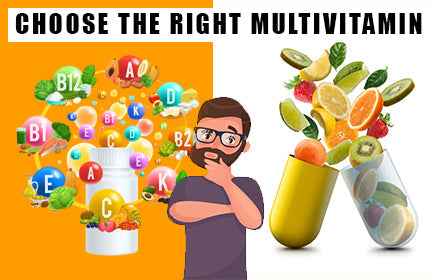How Healthmasters HGH stimulate can Promote Natural HGH Production

Human Growth Hormone (HGH) plays a vital role in various bodily functions, including muscle growth, fat metabolism, bone density, and overall cell regeneration. While HGH production naturally declines with age, certain nutrients and amino acids have been studied for their ability to stimulate its release. L-arginine, L-citrulline, quercetin, and vitamins C and folate are among the most researched substances that may boost natural HGH levels. This article explores how each of these compounds can contribute to HGH production.
1. L-Arginine: The Amino Acid That Stimulates HGH Secretion
L-arginine is a conditionally essential amino acid that plays a critical role in the body's production of nitric oxide, a molecule that helps dilate blood vessels and improve circulation. Beyond its effects on blood flow, L-arginine has been shown to stimulate HGH release. This is particularly beneficial for those seeking to enhance physical performance, recovery, and muscle growth.
Research supports that supplementing with L-arginine, particularly in higher doses (e.g., 5 to 9 grams), can increase HGH secretion. A study published in the Journal of Applied Physiology found that L-arginine supplementation significantly boosted HGH levels, especially when taken before exercisehanism behind this is believed to involve L-arginine's ability to enhance the release of growth hormone-releasing hormone (GHRH), which signals the pituitary gland to secrete more HGH.
2. L-Citrulline: Supporting L-Arginine and HGH Production
L-citrulline is another amino acid that plays a supporting role in the production of nitric oxide. When consumed, L-citrulline is converted into L-arginine in the kidneys, which further increases nitric oxide levels and enhances blood circulation. However, L-citrulline is more effective than L-arginine at increasing blood plasma levels of arginine due to its better absorption rate.
A study published in Nitric Oxide: Biology and Chemistry concluded that supplementing with L-citrulline increases the bioavailability of L-arginine, indirectly contributing to the production of nitric oxide and, consequently, HGH. By imp blood supply to muscles and tissues, L-citrulline supplementation may help increase the effects of L-arginine, leading to a more significant boost in HGH production.
3. Quercetin: A Plant Compound That Enhances HGH Release
Quercetin is a flavonoid found in various fruits, vegetables, and grains and is renowned for its antioxidant and anti-inflammatory properties. In addition to its well-known health benefits, quercetin has been shown to enhance HGH production.
A study in the European Journal of Applied Physiology investigated the effects of quercetin supplementation on exercise-induced HGH release. The results demonstrated that quercetin increased HGH levels in response to intense physical activity. The research suggests that quercetin may promote HGH release by reducing oxidative stress, a common factor that inhibits growth hormone secretion during intense physical activity.
Quercetin's ability to enhance blood flow and protect against oxidative damage makes it a valuable compound for improving HGH secretion, especially during exercise. It may also work synergistically with L-arginine and L-citrulline to further enhance natural growth hormone production.
4. Vitamin C: The Antioxidant That Boosts HGH Levels
Vitamin C, a powerful antioxidant, is crucial for the synthesis of collagen, immune function, and the protection of cells from oxidative damage. Interestingly, vitamin C has also been shown to support the production and release of HGH.
Research indicates that vitamin C supplementation can significantly increase the secretion of HGH, especially in response to exercise. In a study published in The Journal of Clinical Endocrinology & Metabolism, participants who were given vitamin C before exercise showed a marked increase in HGH secretion compared to those who did not take the supplement. The proposed mechanism in C helps reduce oxidative stress and inflammation, which can otherwise inhibit HGH production during physical exertion.
Additionally, vitamin C's role in collagen synthesis and tissue repair further supports its importance in muscle recovery and overall growth, indirectly benefiting HGH levels.
5. Folate: A Vitamin for Cellular Growth and Repair
Folate, also known as vitamin B9, is essential for DNA synthesis, cell division, and growth. This vitamin is crucial for tissue repair and regeneration, processes that are directly influenced by HGH. While folate does not directly stimulate HGH production, its role in supporting cellular growth and repair is essential for optimizing the effects of HGH.
Folate has been shown to work synergistically with other B vitamins and nutrients to enhance overall growth and repair processes in the body. Since HGH is closely tied to cell proliferation, maintaining optimal folate levels can support the body’s response to growth hormone.
Conclusion
L-arginine, L-citrulline, quercetin, vitamin C, and folate are all natural compounds that can enhance the body’s ability to produce HGH, all found in the Healthmasters product HGH Stimulate. By improving blood flow, reducing oxidative stress, supporting tissue repair, and promoting overall cellular growth, these nutrients play essential roles in boosting natural HGH secretion. Whether through supplementation or dietary intake, incorporating these compounds into your lifestyle can help optimize HGH levels and support healthy aging, improved recovery, and enhanced physical performance.
References:
-L-arginine supplementation and growth hormone secretion
-Effect of quercetin on muscle growth and antioxidant status
-The Association of Macro- and Micronutrient Intake with Growth Hormone Secretion

